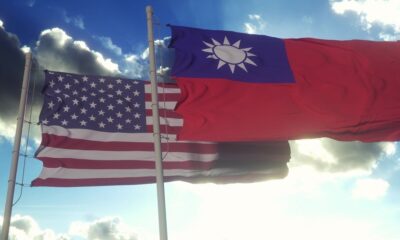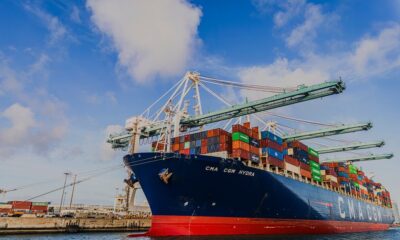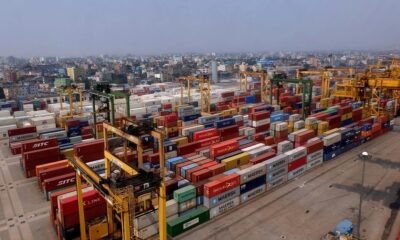Fashion
Japan to back $550-bn investment package under US tariff deal
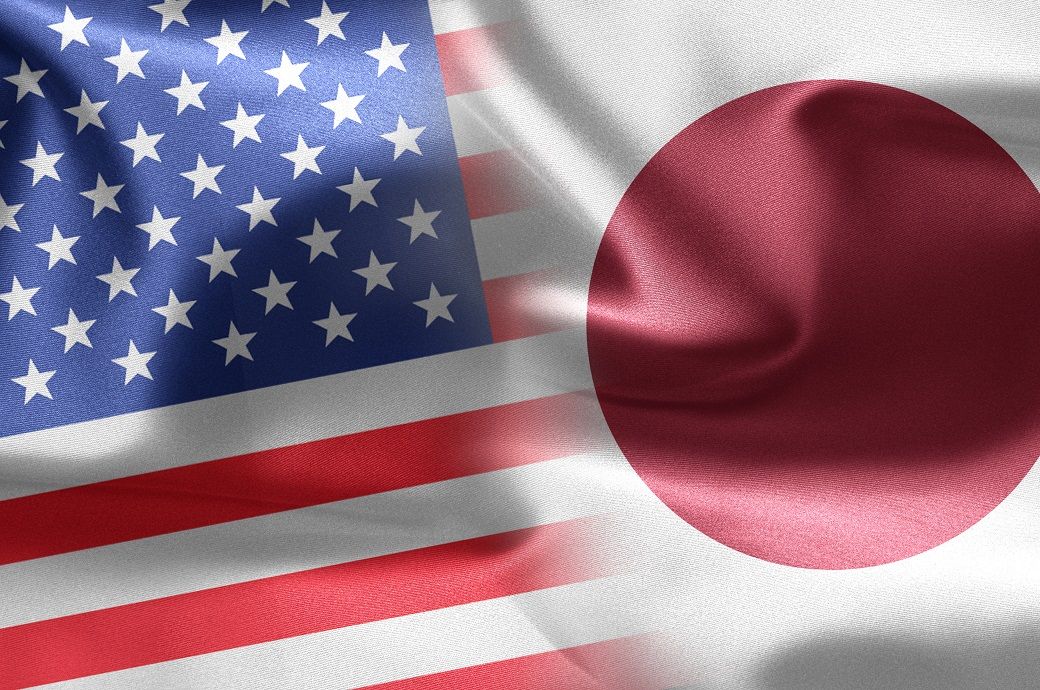
The package, detailed in a recent memorandum of understanding (MoU), focuses on sectors like metals, pharmaceuticals, energy, shipbuilding, artificial intelligence, quantum computing and chips, with investments planned till January 2029.
Japan will set up an investment facility at the state-owned Japan Bank for International Cooperation to back a $550-billion investment package under its tariff deal with the US.
President Donald Trump will direct the investments and the projects.
All investments will be made before the conclusion of Trump’s term in office.
The US-Japan MoU offers the latter the choice to opt out of some investments.
President Donald Trump will direct the investments and the projects funded by Japan. All investments will be made before the conclusion of Trump’s term in office.
The MoU document, signed in Washington, DC, by US commerce secretary Howard Lutnick and Ryosei Akazawa, Japan’s minister in charge of economic revitalisation and the country’s chief tariff negotiator, includes a ‘boomerang’ clause, which states that tariffs could be taken back to higher levels if Japan declines to make investments.
Safeguards include a committee and consultation structure that brings some governance to the process, profit-sharing that is more favourable to Japan than originally envisioned and a recognition that Japan does have some authority to pick and choose deals.
“What we’ve achieved with our Japanese partners is an absolute game changer for America’s future—and it’s exactly what the America First trade agenda is all about,” Lutnick wrote in a post on X.
“For the first time ever, President Trump will literally direct these investments for the benefit of America,” he wrote.
As part of the deal reached by the two countries on July 22, Japan committed to invest up to $550 billion into key industries in the United States, but the time frame and precise implementation were left undefined.
The investment committee should consult a committee with representatives from both nations before submitting recommendations to the US President. The body will provide input related to the strategic and legal considerations of the investments, according to US media reports.
Each selected project will be executed by a special-purpose entity managed by the United States or a designee in the capacity of general partner, the MoU noted.
The MoU offers Japan the choice to opt out of particular investments. But before such a decision, it must consult with the United States. By declining to fund certain projects, Japan will lose profit rights until the United States is compensated, and risks new tariffs imposed on its exports.
The MoU also outlined a two-phase distribution plan for profits generated by the projects. Profits are shared 50-50 until both countries have received a baseline entitlement amount, which covers interest, part of the original investment and any carryover. After that, the United States gets 90 per cent of profits and Japan gets 10 per cent.
Fibre2Fashion News Desk (DS)
Fashion
South Indian cotton yarn under pressure on weak demand
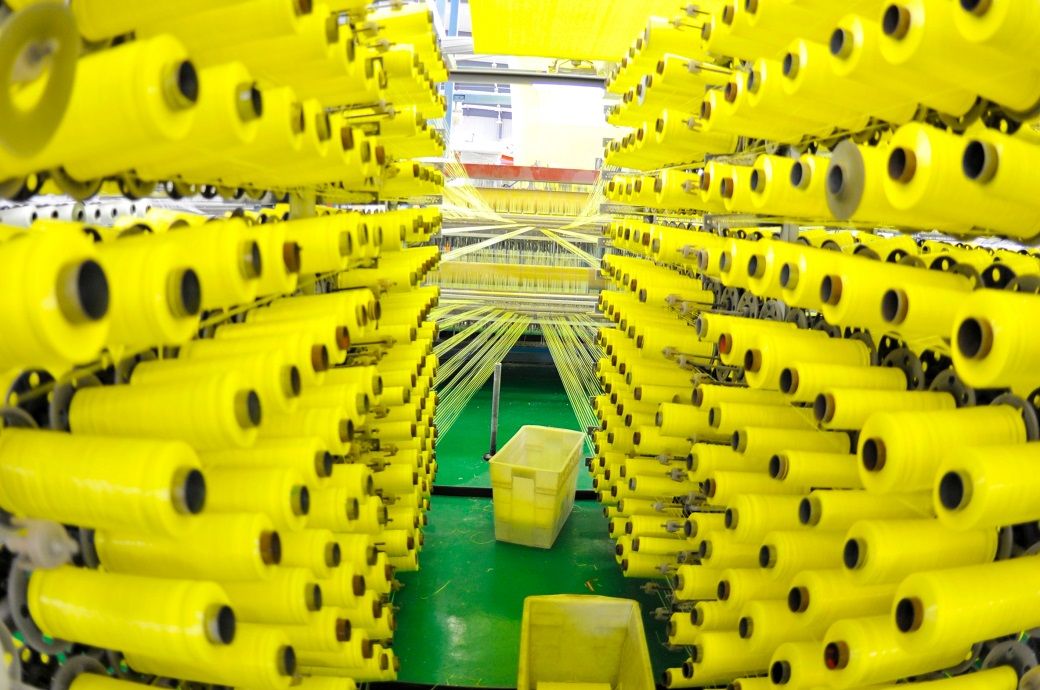
In the Mumbai market, cotton yarn prices remained unchanged as the loom sector slowed production. Although spinning mills are looking to raise their selling rates, they have not found sufficient demand. A Mumbai-based trader told Fibre*Fashion, “Power and auto looms are facing limited fabric buying from the garment industry. Export prospects are still unclear. Domestic demand is also insufficient to support any price rise. Mills are comfortable with falling cotton prices, while buyers remain silent on yarn purchases.”
In Mumbai, ** carded yarn of warp and weft varieties were traded at ****;*,***–*,*** (~$**.**–**.**) and ****;*,***–*,*** per * kg (~$**.**–**.**) (excluding GST), respectively. Other prices include ** combed warp at ****;***–*** (~$*.**–*.**) per kg, ** carded weft at ****;*,***–*,*** (~$**.**–**.** per *.* kg, **/** carded warp at ****;***–*** (~$*.**–*.**) per kg, **/** carded warp at ****;***–*** (~$*.**–*.**) per kg and **/** combed warp at ****;***–*** (~$*.**–*.**) per kg, according to trade sources.
Fashion
Bangladesh–US tariff deal may have limited impact on India
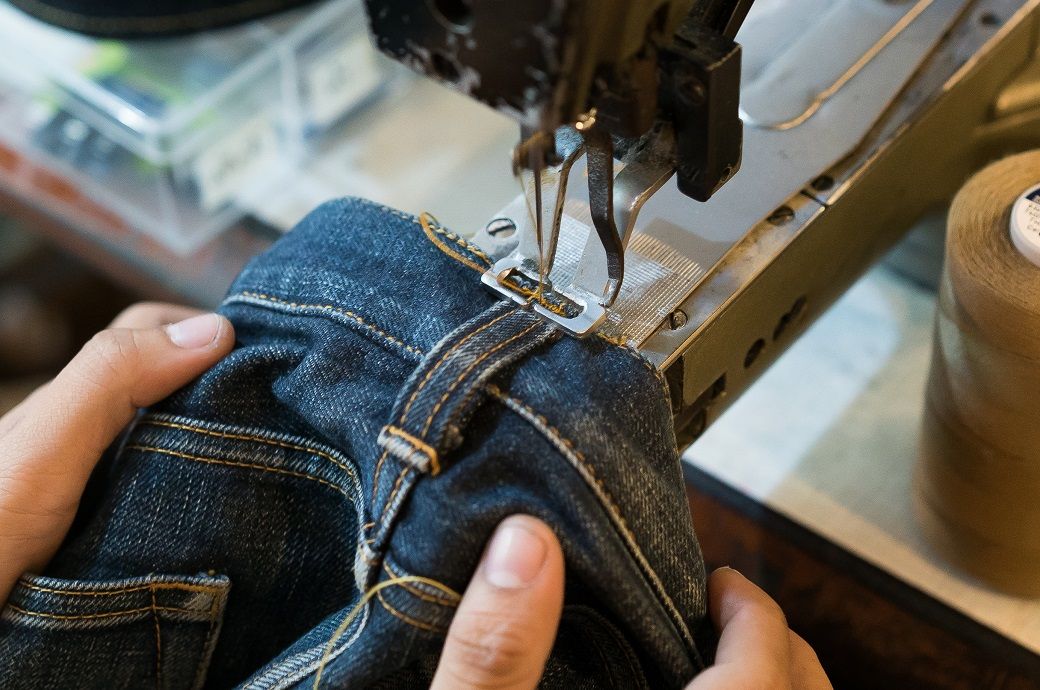
Bangladesh is already among the top suppliers of apparel to the US, particularly in basic knit and woven categories such as T-shirts, trousers and sweaters. A tariff advantage, even if modest, could sharpen its price competitiveness in high-volume, price-sensitive segments dominated by mass retailers.
The proposed Bangladesh–US trade understanding offering near zero-tariff access for garments has sparked debate in India’s textile sector.
While Bangladesh may gain a price edge in basic apparel, industry leaders believe the effective advantage could be limited to 2–3 per cent due to raw material dependence, capacity constraints and logistics costs.
However, Indian industry leaders argue that the net gain for Bangladesh may be restricted to around 2–3 per cent in effective competitiveness. They point to structural constraints, including Bangladesh’s heavy reliance on imported raw materials. A significant share of its fabric and yarn requirements is sourced from China and India, limiting flexibility in rules-of-origin compliance if strict value-addition conditions are attached to the deal.
Capacity limitations in spinning, weaving and man-made fibre processing are also seen as bottlenecks. While Bangladesh has built scale in garmenting, its upstream integration remains narrower than India’s diversified fibre-to-fashion base. Indian exporters emphasise that integrated supply chains offer advantages in speed, customisation and smaller batch production.
Logistics and lead times may further temper expectations. Distance from major US ports, coupled with infrastructure pressures and global shipping volatility, could offset part of the tariff benefit. In contrast, Indian suppliers have been investing in port connectivity, digital compliance systems and flexible production models to strengthen reliability.
Industry representatives also highlight that US buyers are increasingly factoring in sustainability, traceability and geopolitical risk. India’s growing adoption of renewable energy in textile clusters, compliance with global standards and broader product depth may help it retain strategic sourcing partnerships.
While some diversion of orders in basic categories cannot be ruled out, exporters believe the overall impact will be incremental rather than disruptive. The consensus view is that tariff preference alone is unlikely to override considerations of scale, compliance, diversification and long-term supply-chain resilience.
Fibre2Fashion News Desk (KUL)
Fashion
US lawmakers introduce Last Sale Valuation Act to end customs loophole
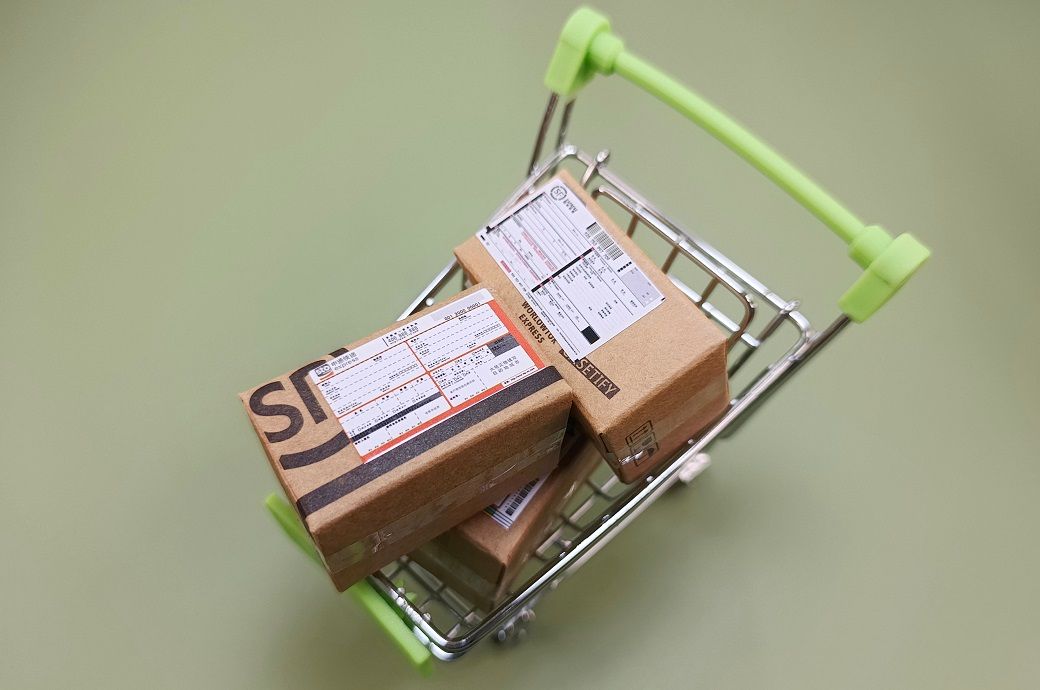
“This bill protects Louisiana workers and American businesses, ensuring loopholes don’t hold them back,” Dr Cassidy said in a press release.
US Senators Bill Cassidy and Sheldon Whitehouse have introduced the Last Sale Valuation Act to close the ‘first sale’ customs loophole that lets importers underpay duties.
The bipartisan bill would base tariffs on final sale values, strengthen US Customs enforcement and curb duty evasion.
Supporters say it will protect American manufacturers, workers and federal revenue.
If passed, the bipartisan measure would grant clearer enforcement authority to US Customs and Border Protection (CBP), streamline valuation reviews and reduce disputes over documentation, while curbing mis-invoicing and related-party pricing schemes linked to tariff evasion and illicit financial activity.
The legislation has drawn support from the American Compass, the Coalition for a Prosperous America and the Southern Shrimp Alliance.
“Cassidy’s ‘Last Sale Valuation Act’ strengthens customs valuation by assessing duties on the final transaction value of goods entering the US,” said Mark A DiPlacido, senior political economist at the American Compass, adding that closing the judicially created ‘first sale’ loophole would reduce duty evasion, simplify enforcement and increase customs revenue.
Jon Toomey, president of the Coalition for a Prosperous America, said the bill is “an important first step in restoring customs integrity,” ensuring duties are paid on the true commercial value of imported goods and helping level the playing field for American manufacturers and workers.
Fibre2Fashion News Desk (CG)
-

 Entertainment1 week ago
Entertainment1 week agoHow a factory error in China created a viral “crying horse” Lunar New Year trend
-

 Tech1 week ago
Tech1 week agoNew York Is the Latest State to Consider a Data Center Pause
-

 Business4 days ago
Business4 days agoAye Finance IPO Day 2: GMP Remains Zero; Apply Or Not? Check Price, GMP, Financials, Recommendations
-

 Tech1 week ago
Tech1 week agoNordProtect Makes ID Theft Protection a Little Easier—if You Trust That It Works
-

 Tech1 week ago
Tech1 week agoPrivate LTE/5G networks reached 6,500 deployments in 2025 | Computer Weekly
-

 Fashion4 days ago
Fashion4 days agoComment: Tariffs, capacity and timing reshape sourcing decisions
-

 Business1 week ago
Business1 week agoStock market today: Here are the top gainers and losers on NSE, BSE on February 6 – check list – The Times of India
-

 Business1 week ago
Business1 week agoMandelson’s lobbying firm cuts all ties with disgraced peer amid Epstein fallout






